One size does not fit all and that is at the very core of our ethos at Pilates for Wellbeing.
We truly acknowledge and realize that Pilates exercises will need to be adapted to purposefully accommodate all physical inconsistencies, proportions of height, weight, gender, age, special populations etc. Hence, we strive to make our programs fit each client’s requirement and fitness goals.
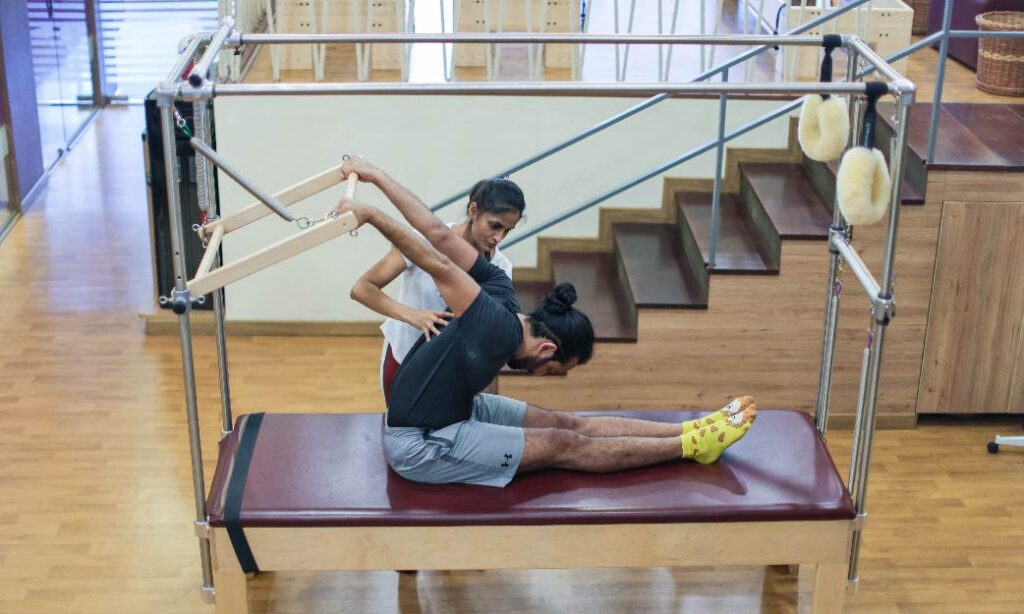
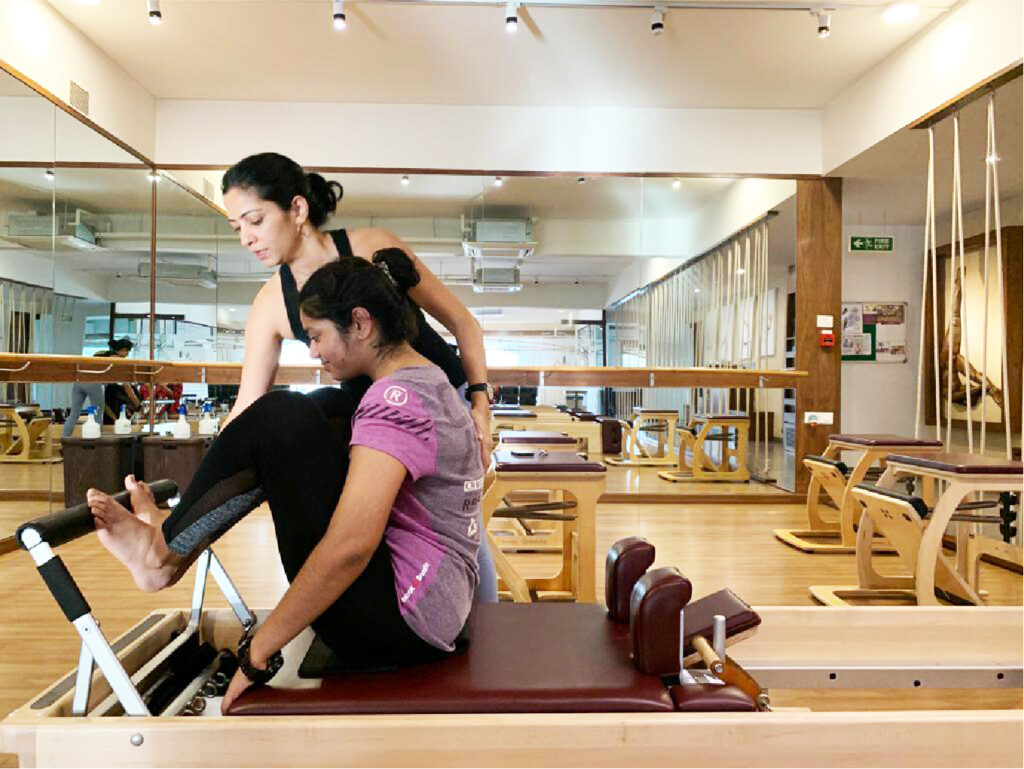
Kids between the ages of 11 and 14 years are at the most vulnerable stage of injuries and this can hamper their growth. Their bodies are in a constant state of change and development when they enter puberty and staying injury free is important.
Pilates is a safe, injury free and low-impact conditioning program that can complement any mainline sport that they choose to do.
If you have children the age of 9 and 16 years, then we encourage you to enrol them at Pilates for Wellbeing and see the difference it makes to their wellbeing.
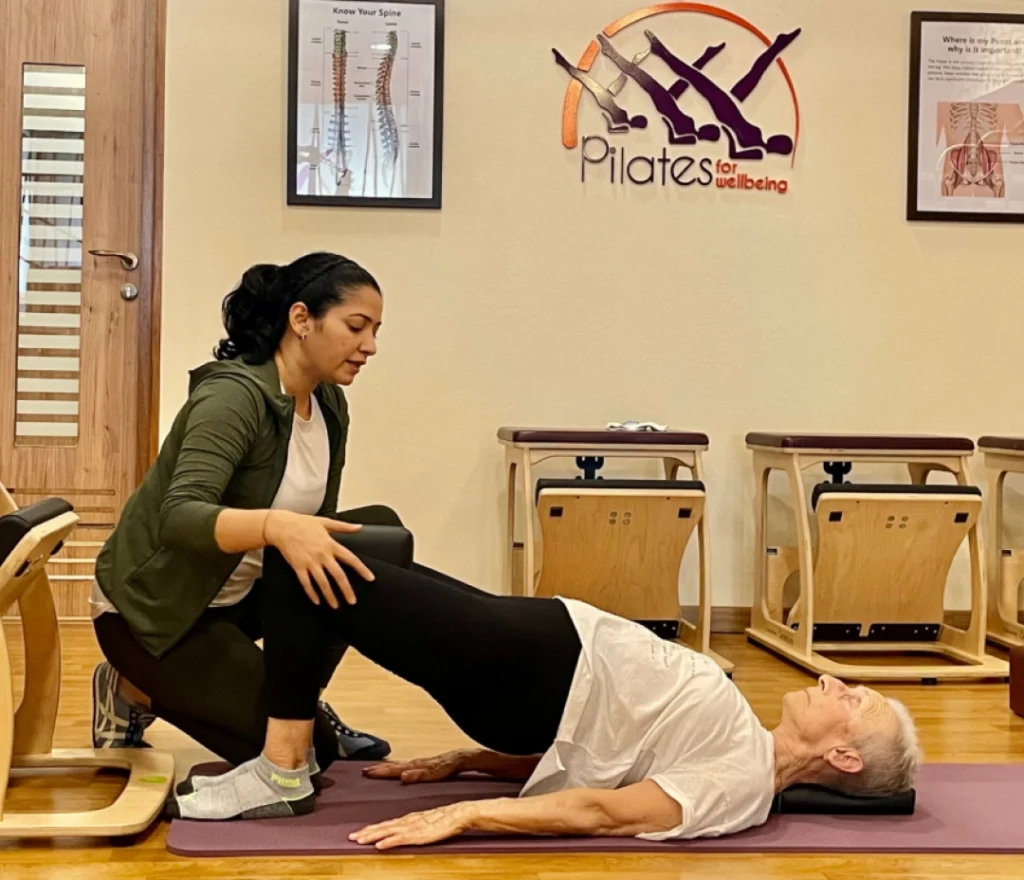
Pilates is a gentle fitness form for any age. Active agers in particular greatly benefit from it.
The body changes with age and one can notice loss of flexibility, mobility and balance. Moreover, each person ages differently – women may have to deal with the after effects of menopause, men tend to face prostate enlargement, urinary incontinence and there are also other factors like decreased levels of physical activeness or pre-existing medical conditions.
Here’s where our instructors’ empathy, sensitivity and compassion play an important role. The active agers at PFW range from 60 to 85 years and we truly appreciate the differences while working with them. We ensure that not only their fitness goals are met, but they also garner confidence in their abilities and heightened body awareness.
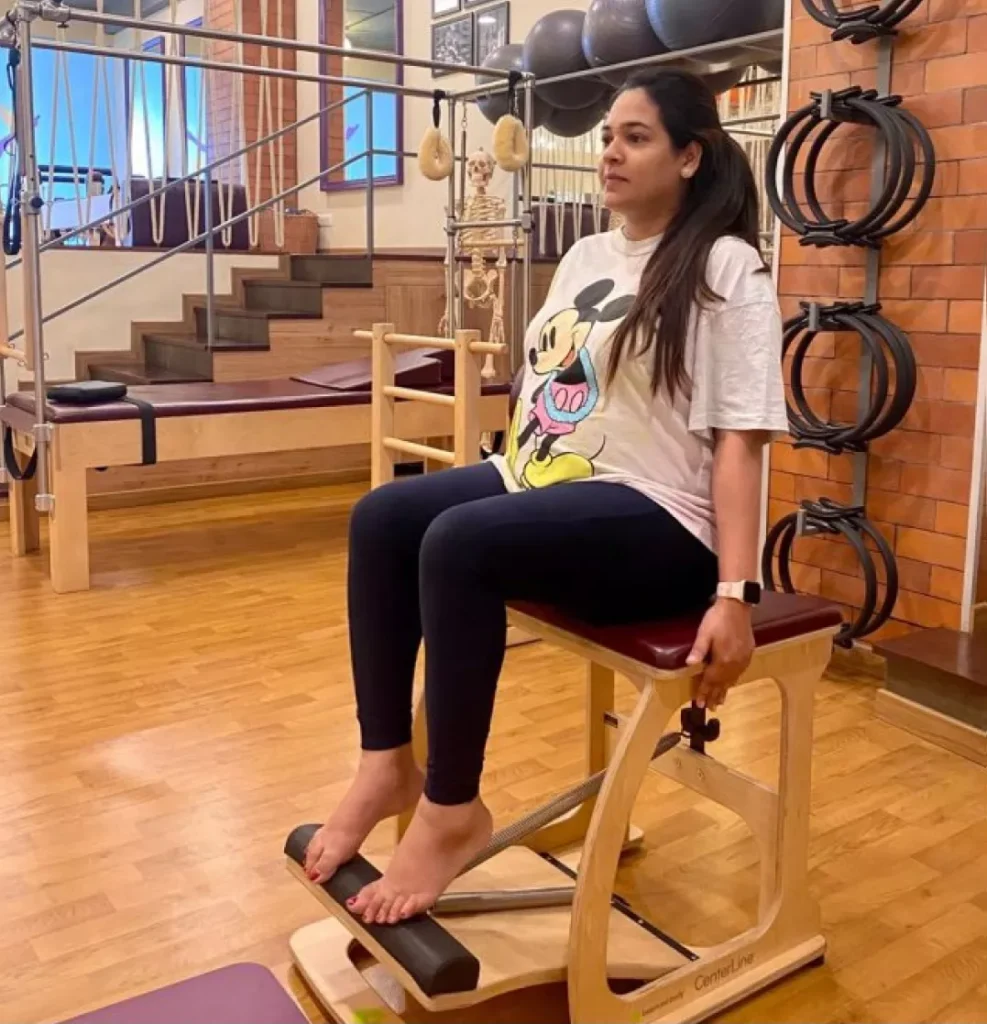
Practicing Pilates is a great way to remain fit during pregnancy. The gentle movements are perfectly safe when done correctly under the supervision of a qualified instructor and help cope with the physical and mental changes the body of an expectant mother goes through.
Pilates helps develop stability and balance while improving flexibility in the back, hip and pelvic muscles, which supports a more comfortable pregnancy and child birth.
Other benefits include healthy weight management, better circulation, decreased fluid retention, and increased lung capacity through Lateral Breathing – which is very useful during labour.
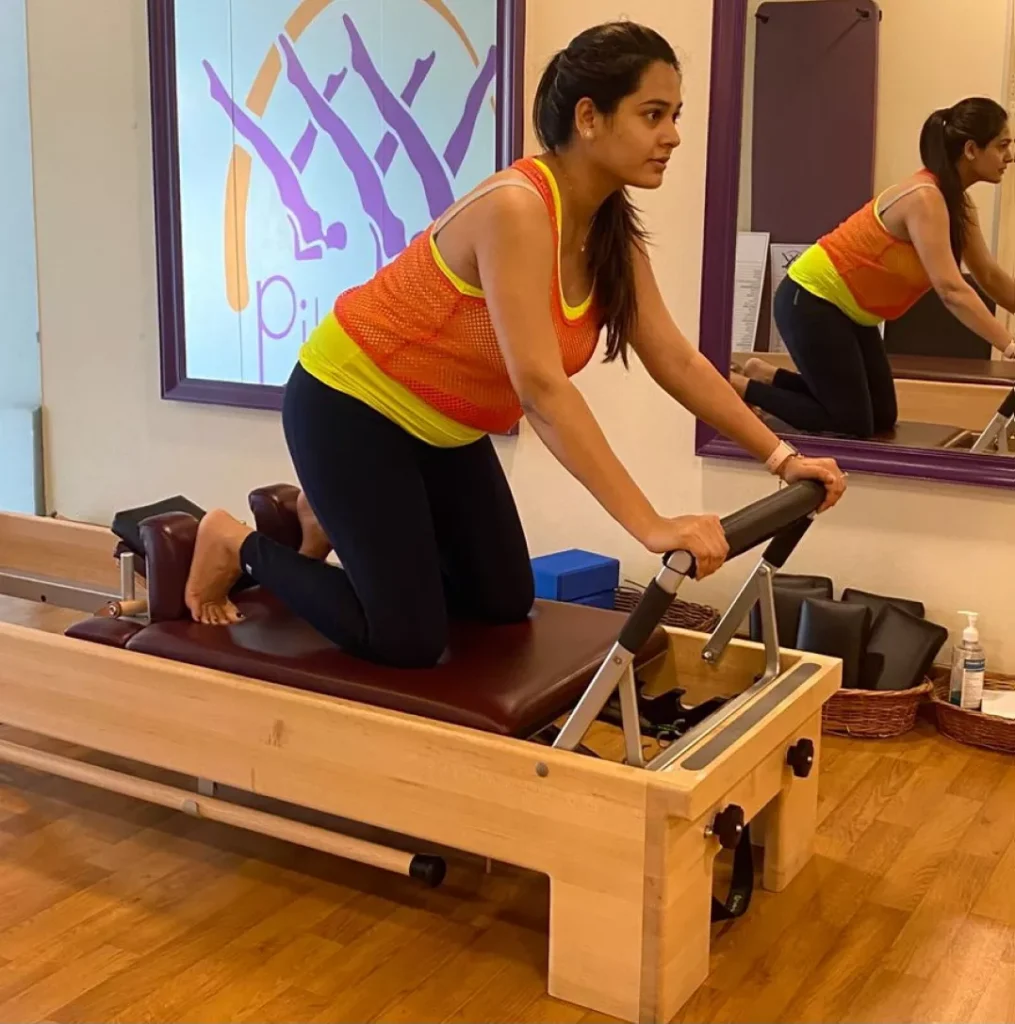
Child-birth can be a life-altering experience and traditionally, new mothers have always been extended the same amount of care as a new born.
This transformation of the body and mind can get overwhelming and that makes it even more important to find the right workout to help cope with this.
Post-natal Pilates helps with realigning the body, strengthening the weakened pelvic muscles, improving circulation, increased body awareness and reducing tension in the lower-back, shoulders and neck.
Additionally, Lateral Breathing energises the body and helps keep one’s emotional health in balance.
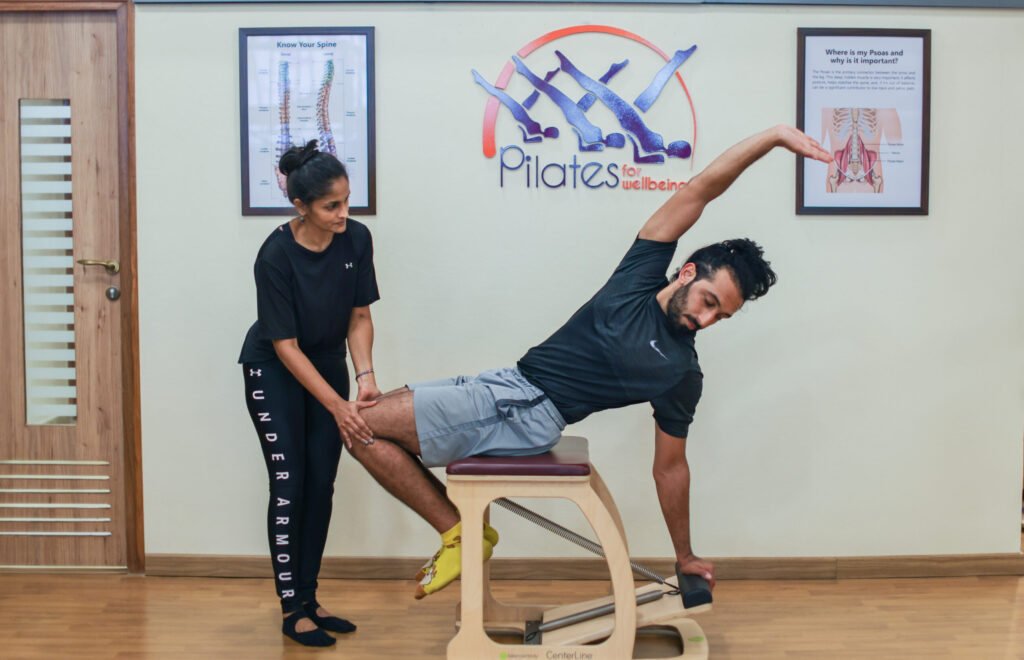
Pilates has been the preferred rehabilitation movement practice for athletes all over the world, since it reduces injuries, increases recovery and improves one’s range of motion. Most importantly, it also helps to promote breathing techniques and strengthens the mind-body connect.
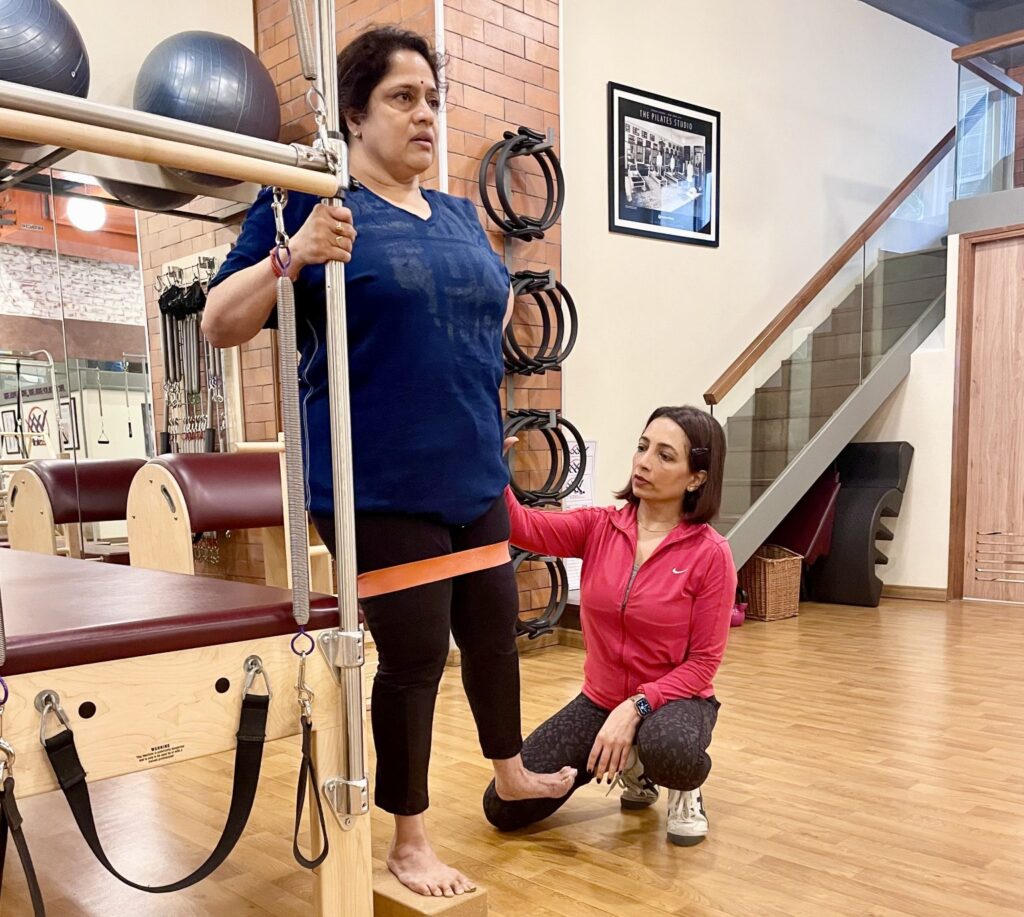
MSDs such as arthritis, hernia, back injuries, osteoporosis etc. rarely have a medical cure but have to be effectively managed to prevent further degeneration. Additionally, the pain one experiences from these can sometimes be so severe that they disrupt one’s daily life.
Pilates is a widely recognized rehabilitation method from those suffering from MSDs and other injuries. It supports the treatment administered by the treating doctors to reduce further disintegration of the bones and joints, gently improving mobility and restoring overall health.
#35, Raja Sabha
Kasturba Cross Road
Off Lavelle Road
Bangalore 560001 India